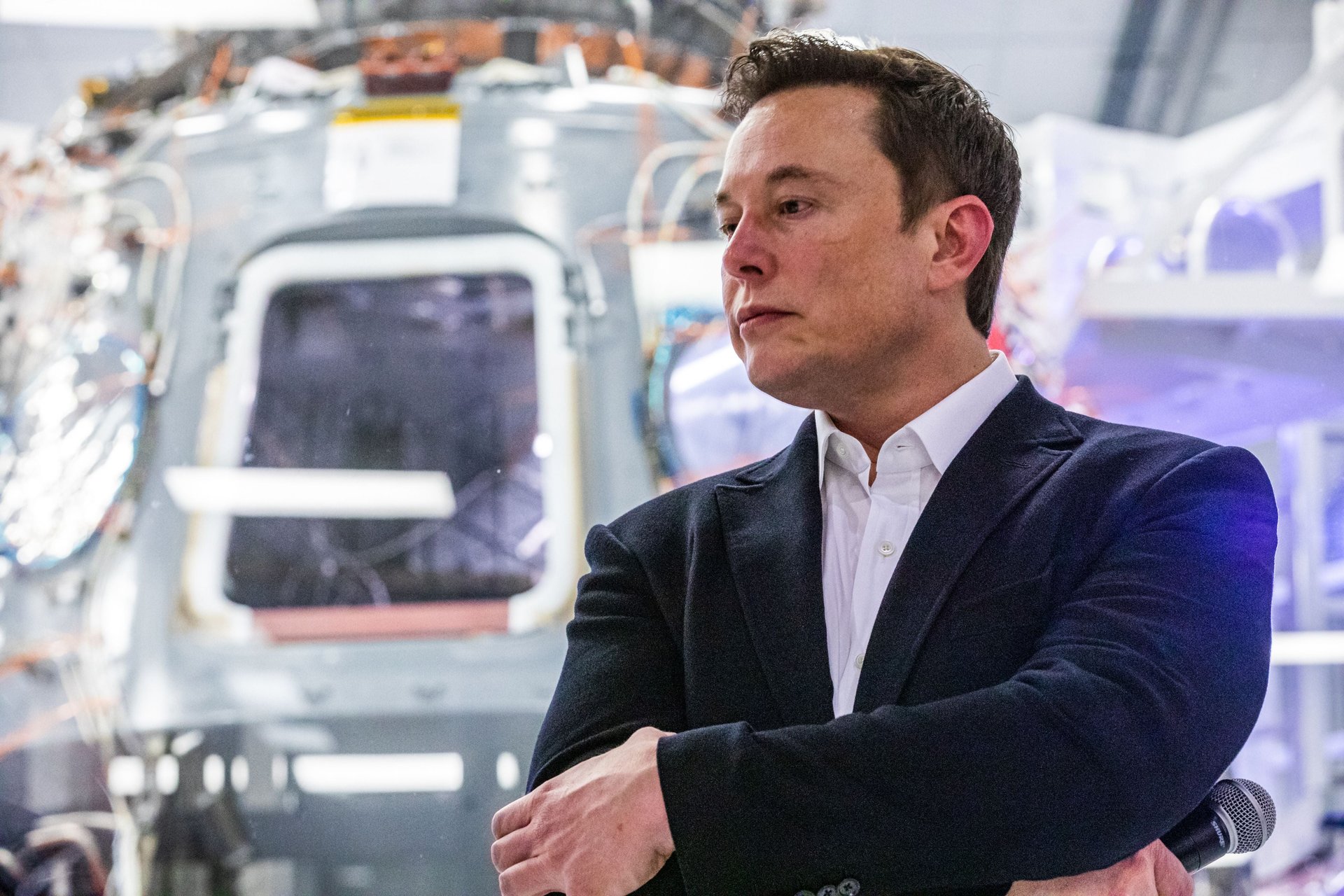As the deadline for the Twitter-Musk deal approaches, 3 questions remain
Elon Musk has until Friday to complete his Twitter deal

Elon Musk might finally buy Twitter this week, capping a six-month-long saga full of twists and turns.
Musk, who’s estimated to be the world’s richest man, agreed to buy Twitter for $44 billion on April 25 before reneging on his commitment, leveling a suite of allegations against the company that he felt would let him out of the deal. After Musk terminated the contract, Twitter immediately sued to enforce it, asking a judge in Delaware to force him to complete the takeover.
But after months of contentious litigation, and staring down a mid-October trial, Musk ostensibly admitted defeat and told Twitter that he would proceed with the deal at the original agreed-upon price if they dropped the litigation. Twitter refused to do so until the deal was actually closed, concerned that Musk would pull more hijinks if they took their eye off the ball. Thus, Delaware Chancellor Kathaleen McCormick, the judge in the case, gave Musk and Twitter three weeks—until Friday, Oct. 28—to close the deal. If they cannot close by then, the two parties will head to trial in November.
But this is Elon Musk, and nothing is final until it’s final. And there are more than one thing that could derail the deal.
Could Musk’s Twitter deal still fall through?
Yes. In suing Musk, Twitter has sought to enforce the specific terms of the merger agreement. The company is not even looking for civil damages, they want specific performance, meaning Musk would have to complete the takeover—perhaps against his will. Twitter is confident that it will prevail in court and has no good reason to settle for anything less than the original deal terms. (Twitter could even try to ask for more money since Musk delayed for so long.)
If Musk fails to close the deal with Twitter, he’ll have to do something he desperately wants to avoid: he’ll have to go to trial.
Will Musk get his financing?
Onlookers have questioned whether Musk’s financiers—split between $13 billion in debt financing from banks including Morgan Stanley and $7 billion from equity investors—are still willing to fund the takeover. Reuters reported that the banks considered selling the debt to investors, but have abandoned those plans “and are instead planning to keep it on their balance sheets until there is more investor appetite.” Musk’s antics and the uncertainty about what the company will look like after he buys it appear to have chilled new investor appetite.
If anything were to happen to the financing and Musk couldn’t close, then, again, it would head to trial.
Could the US government block this deal?
Bloomberg reported last week that Biden administration officials are considering putting the Musk-Twitter deal through a national security review through the Committee on Foreign Investment in the United States (CFIUS), an interagency panel led by the treasury secretary. CFIUS has the power to block planned mergers and acquisitions or unwind completed deals if it threatens US national security.
CFIUS primarily blocks deals that deal with physical or technological infrastructure, such as when Singaporean chipmaker Broadcom attempted to buy US rival Qualcomm for $117 billion in 2018. It’s rare, but not unprecedented, for CFIUS to investigate or block a consumer-facing tech deal: In 2019, the body forced a Chinese company to sell the gay dating app Grindr, and a year later the committee launched an investigation of the social video app TikTok that’s still ongoing.
Such a review is not an obvious fit for the Musk deal. As a naturalized US citizen, Musk is not a foreign investor, though his equity investors include Saudi prince Alwaleed bin Talal (who is an existing Twitter shareholder), crypto company Binance (which was first founded in China but since left the country), and Qatar’s sovereign wealth fund. That said, CFIUS is a power body and could force Musk to divest or drop some of his foreign-based investors if they take issue with the deal.
But it’s much more likely that Musk signs some paperwork and buys the company he so desperately wishes he didn’t have to buy.
